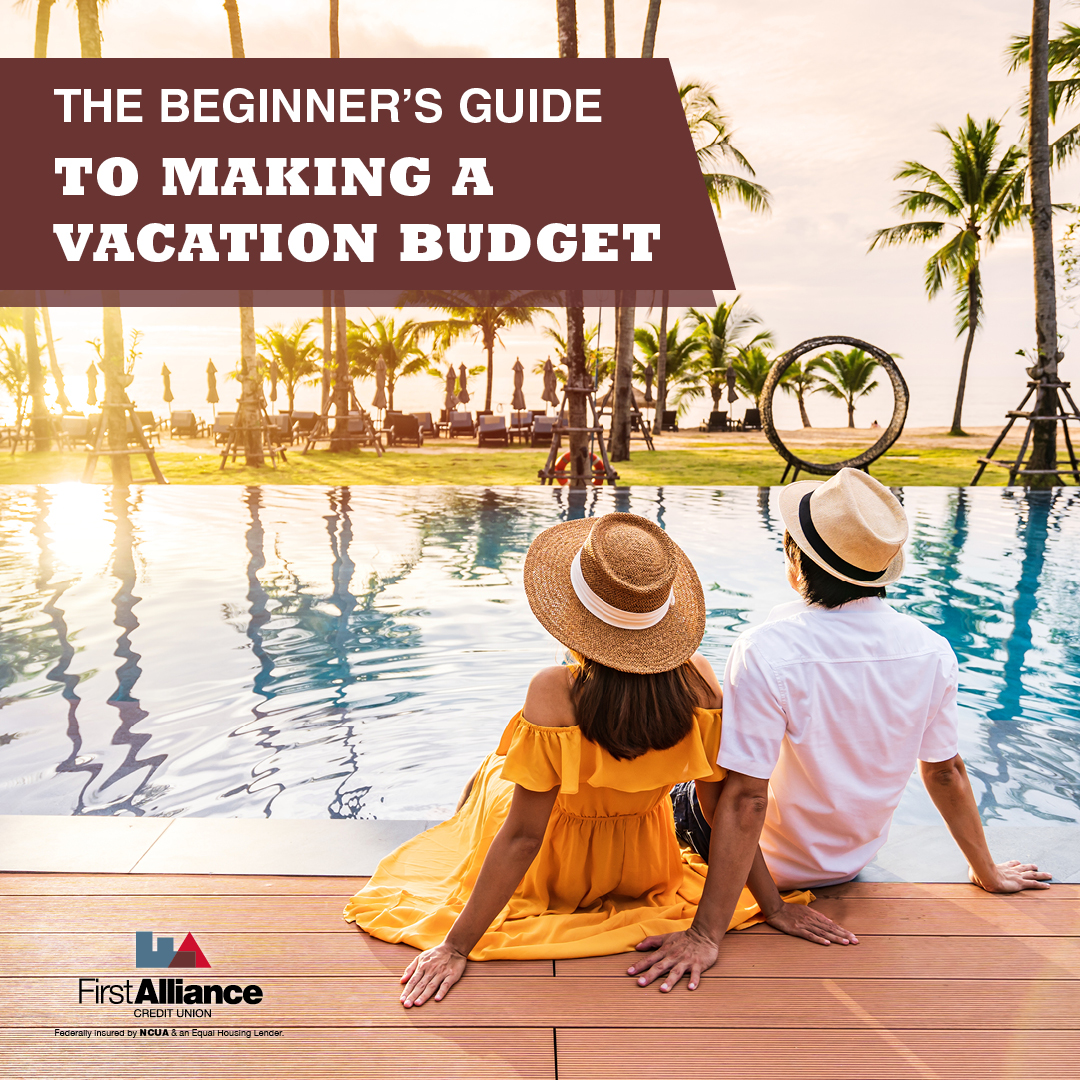5 Holiday Budget Tips to Give you Peace of Mind Through January
The winter holidays are supposed to be a time of relaxation and hanging out with friends and family, but let’s be honest—the weeks leading up to the...
1 min read
![]() First Alliance Credit Union
:
Dec 5, 2019 6:35:00 AM
First Alliance Credit Union
:
Dec 5, 2019 6:35:00 AM

 Can making a budget really make you feel better about life? You might be surprised! One of the most powerful things you can do to relieve uncertainty and stress is to take a step back and make a plan. A budget can help you figure out how to meet both your short and long-term financial goals.
Can making a budget really make you feel better about life? You might be surprised! One of the most powerful things you can do to relieve uncertainty and stress is to take a step back and make a plan. A budget can help you figure out how to meet both your short and long-term financial goals.
Think about it like a fitness plan; it's not about dieting, it's about getting healthy, staying healthy, and being ready for the life you want. Check out these tips from our partners at GreenPath Financial Wellness:
The first thing to do is understand your overall financial situation so you can put your money to work for your goals! A few starter questions can help you get an idea of what you have to work with, what your commitments are, and what you have remaining to devote to your goals.
Set a specific and detailed goal. By putting specifics like an amount for a time frame on your goal, it makes it easier to see your progress and accomplish it. For example, instead of "save more money" you could "save $100 a month for all of 2019 to have $1,200 to buy a new computer."
Tally up all your income sources to find out your total take-home income.

Add up all the bill and expenses that you know you'll have to pay each month. These are things like loans, minimum credit card payments, utilities, groceries, rent, taxes, cable bills, etc.
This is the amount that you can apply toward your goals and choices. Think about what is most important to you, and what you need to get there. What you decide to do with your discretionary (leftover) income is all about you and your goals.
Remember, nothing is set in stone. You're in charge of your plan and your goals! It's always a good idea to pay off debt and make savings a priority (pay yourself first!) You can always adjust your goal along the way, review your budget and make adjustments to trim expenses or direct money toward something different.
Whatever your financial situation is, a budget and a plan are great first steps on your path to meeting your goals.

The winter holidays are supposed to be a time of relaxation and hanging out with friends and family, but let’s be honest—the weeks leading up to the...

Vacations are a great way to relax and recharge, but let’s be honest—they can also be expensive. If you don’t set up a vacation budget beforehand,...

Giving the perfect birthday or Christmas gift to someone you care about always make you feel good inside. No matter how much you care for someone...